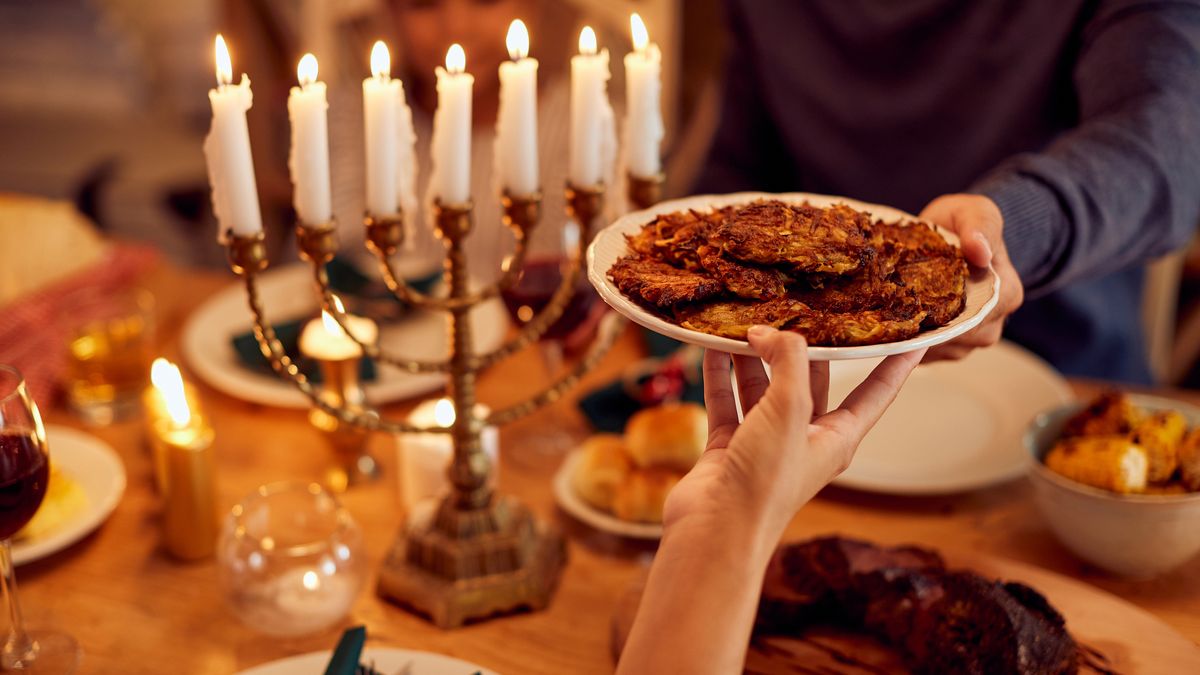Jancee Dunn is a columnist for the New York Times. Last April she wrote a piece in the NYT's Well newsletter called "When Someone You Love Is Upset, Ask This One Question." In it she describes her response to her sister Heather, a teacher who had just completed a challenging week with some agitated students:
“What do you do when a kid is emotionally overwhelmed?” I asked. Many teachers at her school, she told me, ask students a simple question: Do you want to be helped, heard or hugged?
The choice gives children a sense of control, which is important when they’re following school rules all day, Heather said. “And all kids handle their emotions differently,” she explained. “Some need a box of tissues, or they want to talk about a problem on the bus, and I’ll just listen.”
First, I urge you to read the rest of the article. She posits (and shares the science) that this is a useful approach for adults as well as kids.
Second, this is an incredibly stressful time for so many of us. Pick your stressor of choice: Israel and Gaza, antisemitism, Congress and the inability to govern and listen, presidential possibilities, the economy, racial strife - there are definitely more than four horses being ridden toward the seeming apocalypse.
Once thrice in my younger days, as my wife was sharing something that bothered her (at work or somewhere else - not at home) she told me to stop trying and give a solution and JUST LISTEN. I am sure I am not the only person who has thought "I wonder if they tried...." and then shared that nugget, never realizing that the sharing was a form of pressure relief, a search for sympathy or empathy and decidedly an invitation to brainstorm.
I have (mostly) learned my lesson. I had bookmarked Dunn's article and happened upon it today. And I really needed to reread it. I have had a build up of stress, and the article reminded me to think about what I need right now. And it may not be a "solution."
On Tuesday I shared something my rabbi, Danny Moss, had posted. His words served as both a way to help me and for me to be heard - even though they were not my words. And now I am going home for a hug.
As you wrestle with the issues of your day - whether they are personal issues, existential issues or geopolitical issues - think about what you need. Do you need to be helped, heard or hugged? And once you figure that out get some of it. If I can be the hand, ear or hug that you need, please let me know. I am all in.






